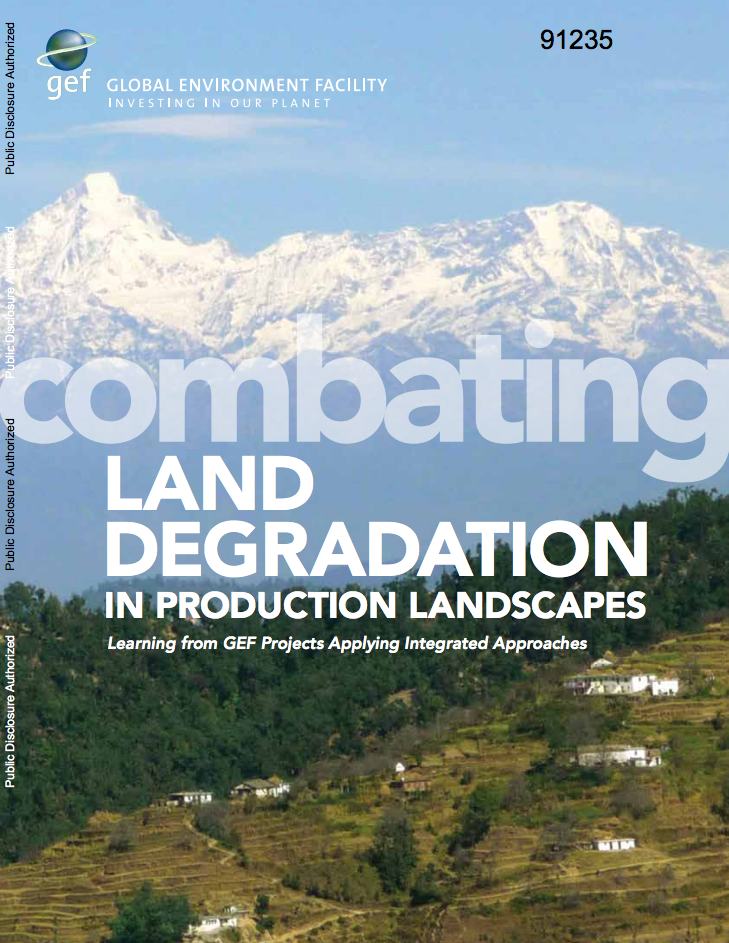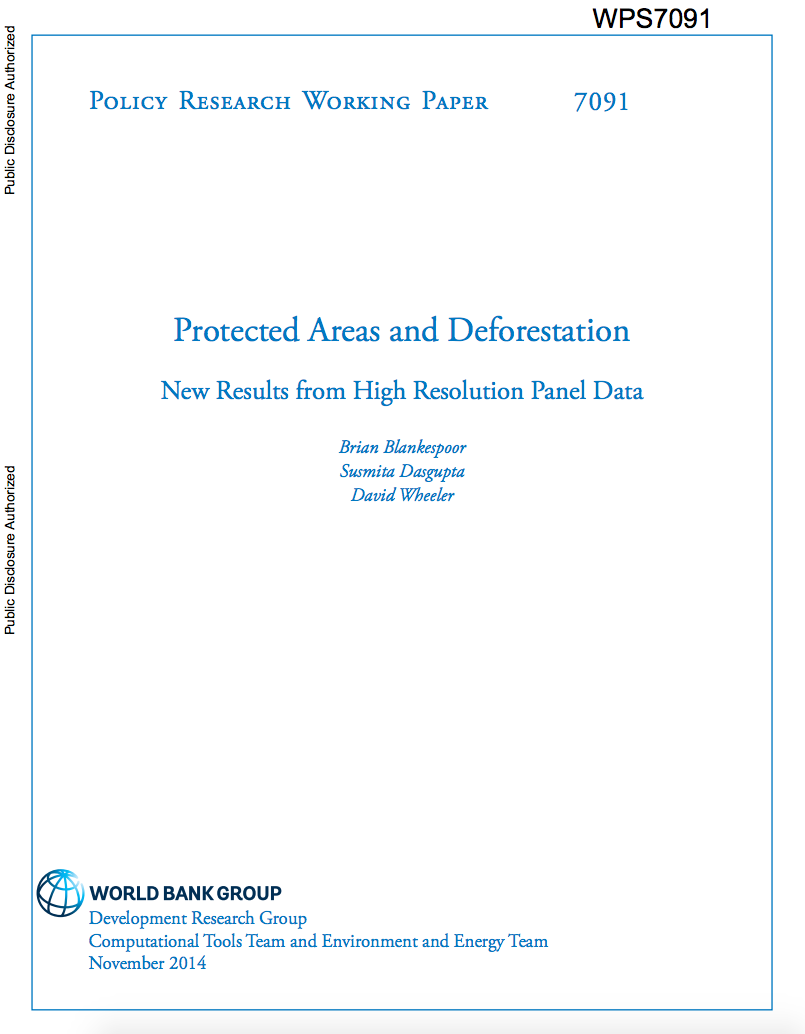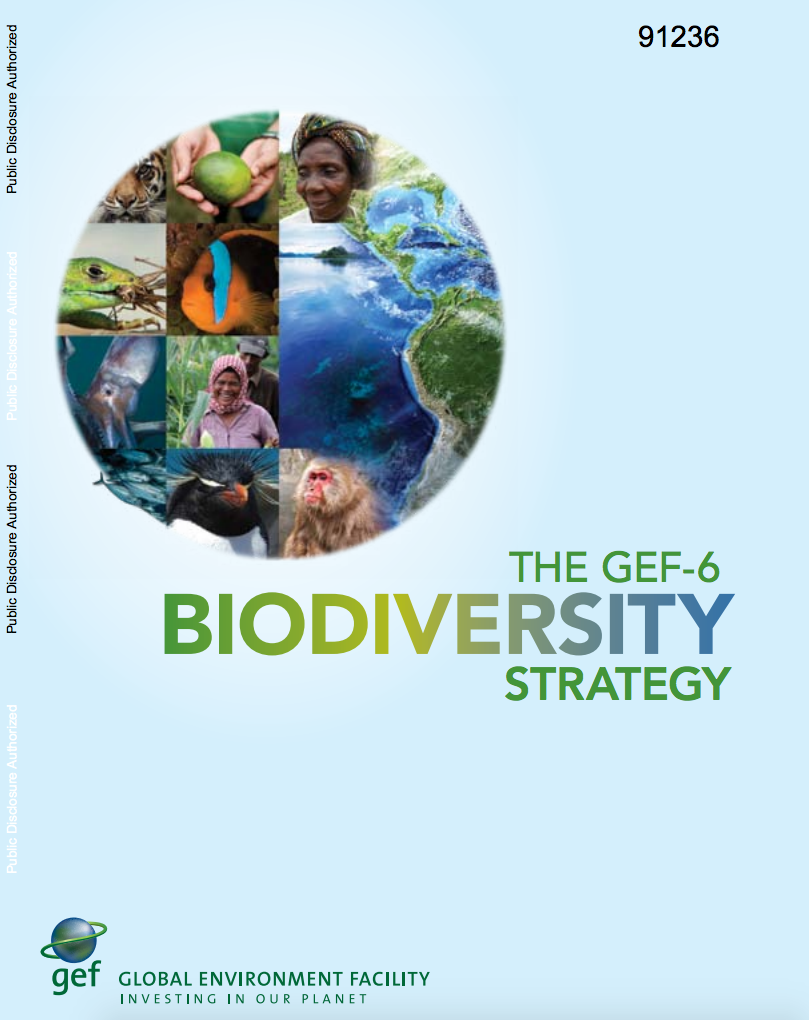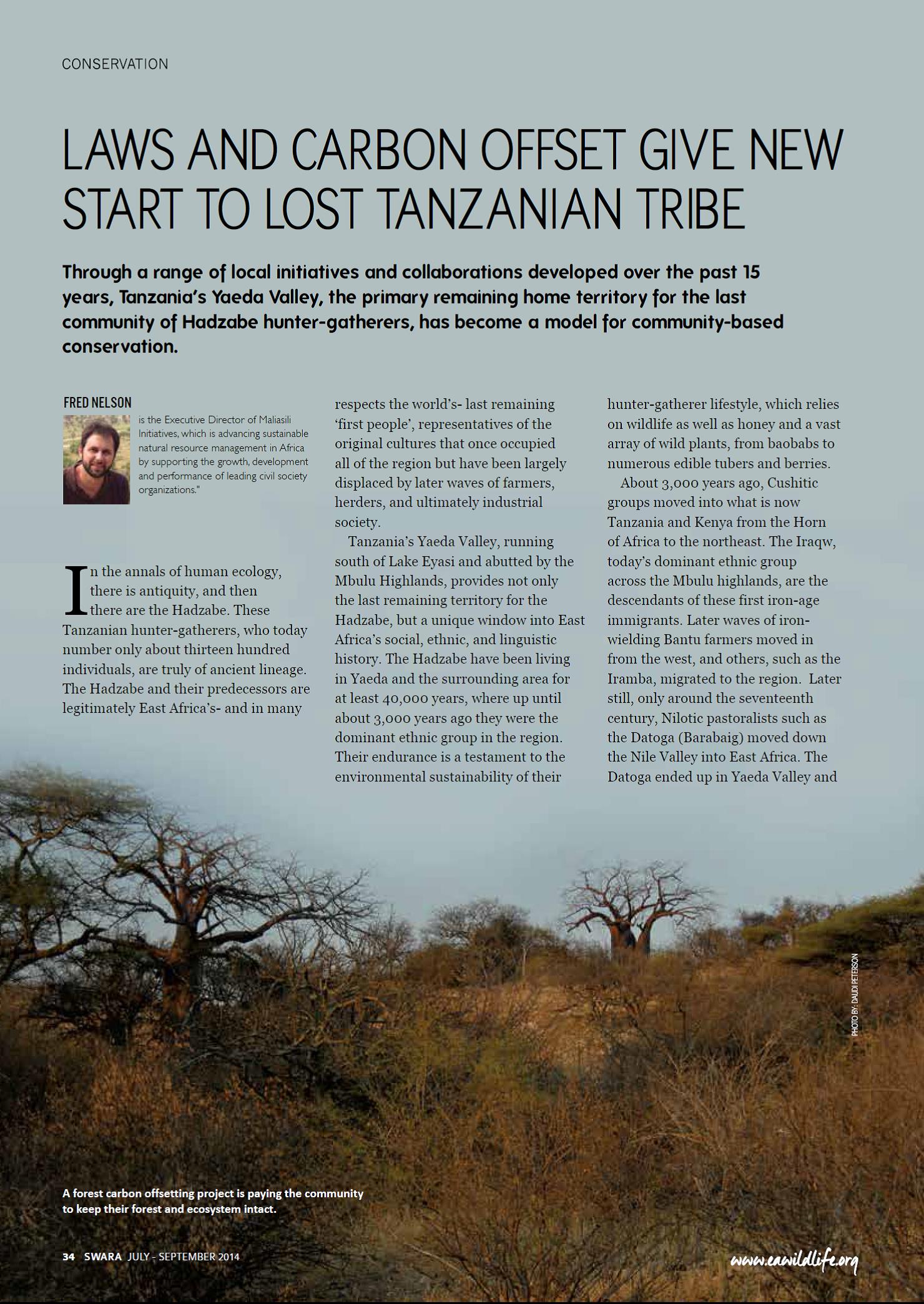The Need for Multiple Types of Information to Inform Climate Change Assessment
Information on ecosystem characteristics
as well as economic statistics is needed to more fully
inform decision makers on the impacts of climate change on
human well-being. Climate change risks involve potentially
large and irreversible as well as highly uncertain impacts
that need to be evaluated with information that complements
cost-benefit analysis. Information on the irreversibility of
impacts also is relevant for evaluating implications for





